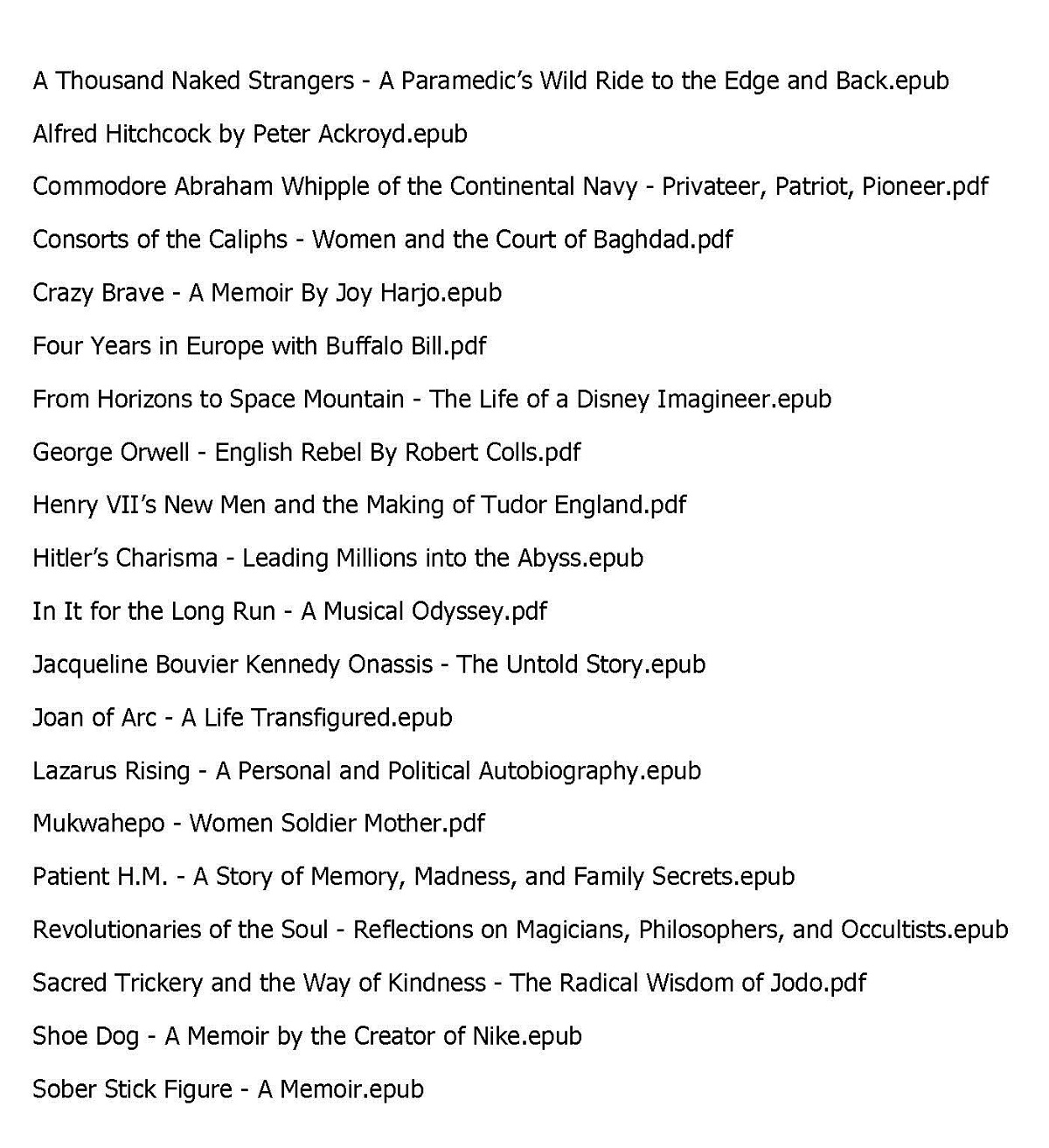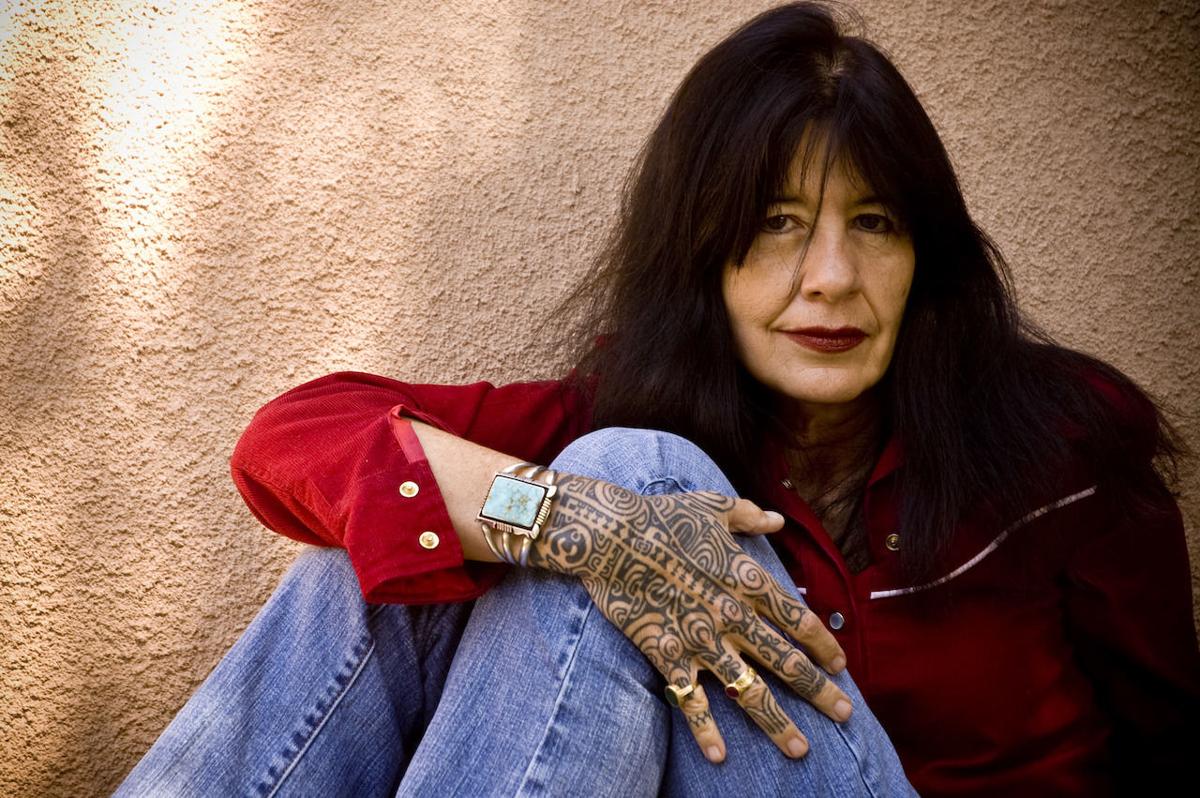Crazy Brave Themes
The double entendre of the title turns out to be an good place to begin an analysis on this book. For instance, the words Crazy Bravecould refer to the now antiquated word 'brave' for an Native American warrior, or it could be the most obvious use of the word, as a synonym for courage. In the first case, Crazy would be the adjective, so that 'crazy brave' refers to the painfully unique shape of this artist's mind, having been driven to the brink by abuse and disappointment. In the second case, it refers to her simultaneous bravery to endure a difficult life.
Download benq port devices driver. In the first case, Crazy would be the adjective, so that 'crazy brave' refers to the painfully unique shape of this artist's mind, having been driven to the brink by abuse and disappointment. In the second case, it refers to her simultaneous bravery to endure a difficult life. The Crazy 8s music video! Thank you for watching! Please keep the comments positive. From that point on, I never put 'Crazy Brave' down. She gives a clear painting of the hardships any Native American woman might face. Autotronic controls port devices driver. As she faces them, she dreams about a creative transformation in her life. Along the way, there is the life of the whole Creek, Cherokee and Irish family. Narrating the complexities of betrayal and love, Crazy Brave is a haunting, visionary memoir about family and the breaking apart necessary in finding a voice.
The mark of mastery in this tale comes in the denouement of Harjo's self-story. She tells us that now she lives alone, without any dependency on anyone else. That shows mastery because she has come from the broken and fragmented psychology of codependence to a place of stoic independence. Yes, she lives with chronic regret and disappointment—about that there can be no mistake. She tripped backward into the same mistakes of her parents so that her judgments against them could be weighed against her own tendency for abuse and brokenness.
But then again there is her art! Perhaps this might be an important takeaway: Regardless of how she feels about her failures, Joy Harjo did do more than her parents because although her parents were abusive in ways she became abusive herself, there is ethical value in Harjo's admission that life is beautiful. By celebrating her painful life through memoir, she reflects an inherent gratitude, if not for the trauma, at least for the beauty of her own point of view. In this way, she has evolved past the hopeless anger of her parents.


EAST
Crazy Brave Summary
East is the direction of beginnings. It is sunrise. When beloved Sun rises, it is an entrance, a door to fresh knowledge. Breathe the light in. Call upon the assistance you need for the day. Give thanks.
East is how the plants, animals, and other beings orient themselves for beginnings, to open and blossom. The spirit of the day emerges from the sunrise point. East is also the direction of Oklahoma, where I was born, the direction of the Creek Nation.
Crazy Braves Pitchers Of The 90s
Once I was so small I could barely see over the top of the back seat of the black Cadillac my father bought with his Indian oil money. He polished and tuned his car daily. I wanted to see everything.
This was around the time I acquired language, when something happened that changed my relationship to the spin of the world. It changed even the way I looked at the sun.
This suspended integer of time probably escaped ordinary notice in my parents' universe, which informed most of my vision in the ordinary world. They were still omnipresent gods.
We were driving somewhere in Tulsa, the northern border of the Creek Nation. I don't know where we were going or where we had been, but I know the sun was boiling the asphalt, the car windows were open for any breeze as I stood on tiptoes on the floorboard behind my father, a handsome god who smelled of Old Spice, whose slick black hair was always impeccably groomed, his clothes perfectly creased and ironed. The radio was on. Even then I loved the radio, jukeboxes, or any magic thing containing music.
I wonder what signaled this moment, a loop of time that on first glance could be any place in time. I became acutely aware of the line the jazz trumpeter was playing (a sound I later associated with Miles Davis). I didn't know the words jazz or trumpet. I don't know how to say it, with what sounds or words, but in that confluence of hot southern afternoon, in the breeze of aftershave and humidity, I followed that sound to the beginning, to the birth of sound. I was suspended in whirling stars. I grieved my parents' failings, my own life, which I saw stretching the length of that rhapsody.
My rite of passage into the world of humanity occurred then, through jazz. The music was a startling bridge between familiar and strange lands. I heard stomp-dance shells, singing. I saw suits, satin, fine hats. Just press record. I heard workers singing in the fields. It was a way to speak beyond the confines of ordinary language.
I still hear it.
- Over and over and over.
When you gonna come back, baby?
- Over and over and over.
Why did you leave me?
The god of all things reached
Behind the counter, pulled up a sour dishrag and
Cleaned off the mess.
- We all went tumbling down.
I said, over and over and over.
- We all went tumbling down.
My mother's singing attracted me to her road in this world. It is her song that lit my attention as I listened in the ancestor realm. Secret longing rose up in her heart as she sang along with the radio. The music threading the atmosphere in what was known as Tulsa, Oklahoma, or 'T-Town,' in 1951 was songs for falling in love, songs for falling out of love, songs to endure the purgatory of longing, or improvisational swing jazz, country, or songs just for the sake of kicking it.
Tulsa was a Creek Indian town established on the Arkansas River, after my father's people were forcibly removed from their homes in the South in the mid-1800s. When they arrived in these new lands, they brought sacred fire. They brought what they could carry. Some African people came with them as family members, others as slaves. Other African people arrived independently, established their own towns. European and American settlers soon took over the lands that were established for settlement of eastern tribes in what became known as Indian Territory. The Christian god gave them authority. Yet everyone wanted the same thing: land, peace, a place to make a home, cook, fall in love, make children and music.

Crazy Brave And Wicked Strong
Reprinted from Crazy Brave by Joy Harjo. Copyright © 2012 by Joy Harjo. With the permission of the publisher, W.W. Norton & Company, Inc.

